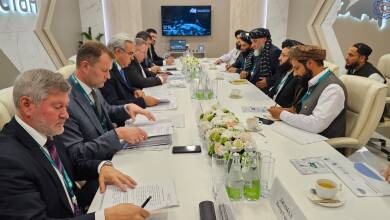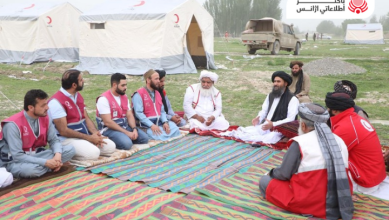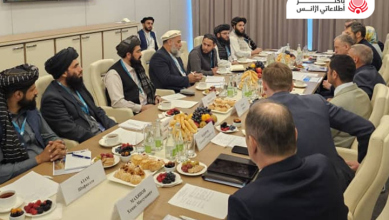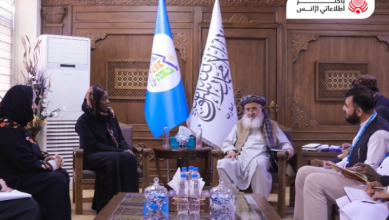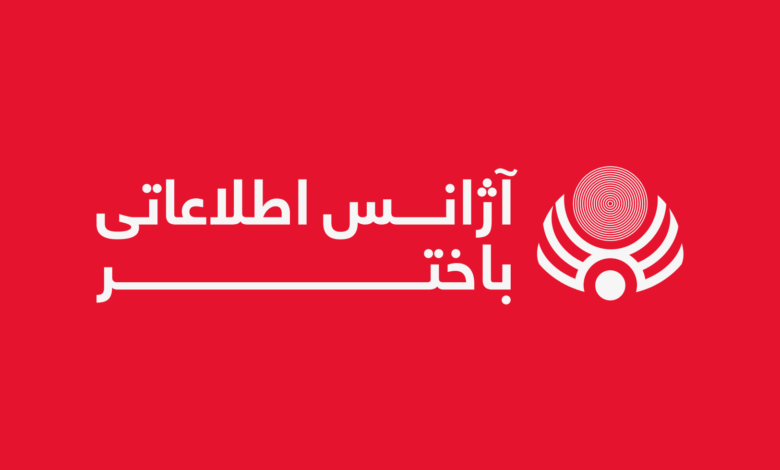
Monday, August 27, 2012
Kabul (BNA) Afghanistan after the collapse of Taliban regime and establishment of the interim administration has witnessed great economic growth and improvement in various sectors.
The Afghan Government will have special, significant, and continuing economic growth but declining fiscal requirements that cannot be met by domestic revenues in the years following transition as has been estimated by the World Bank and the Afghan Government in preparation for the Tokyo Conference.
To help address the budget shortfall, the International Community is committed to directing financial support towards Afghanistan’s economic development through the Transformation Decade.
In this context, in the initial stage of the Transformation Decade, the International Community committed to provide over 16 billion US dollars through 2015, and sustaining support, through 2017, at or near levels of the past decade to respond to the fiscal gap as estimated by the World Bank and the Afghan Government.
The international Community also noted the Afghan Government’s progress on economic government and ongoing partnership with the International Monetary Fund, the World Bank, and the Asian Development Community welcomed Afghanistan’s efforts to date and noted the importance of further actions, including the resolution of the Kabul Bank
Recently in Tokyo conference the Participants reaffirmed their shared goal of achieving Afghanistan’s long-term economic growth and fiscal self-reliance.
To achieve this objective, the Afghan Government has developed Towards Self-Reliance, a strategy for sustainable growth and development to be implemented through the National Priority Programs (NPPs), with a focus on economic growth, revenue generation jobs, and human development.
The Afghan Government is to continue with the planning and implementation of these NPPs in proper and needed sequencing well into the Transformation Decade with reviews at appropriate intervals.
The International Community welcomed the Afghan strategy, and reaffirmed its commitment of aligning 80 percent of aid with the NPPs and channeling at least 50 percent of its development assistance through the national budget of the Afghan Government in accordance with the London and Kabul Communiqué’s.
In this regard, donors welcomed the headline results from the Afghanistan Reconstruction Trust Fund (ARTF) review which confirm that there are established and credible mechanisms donors can use to meet their 50 percent on budget commitment beyond 2014.
The participants encouraged other partners, such as the UN agencies, to support alignment and on-budget mechanisms both through their policy roles and their programmatic activities.

